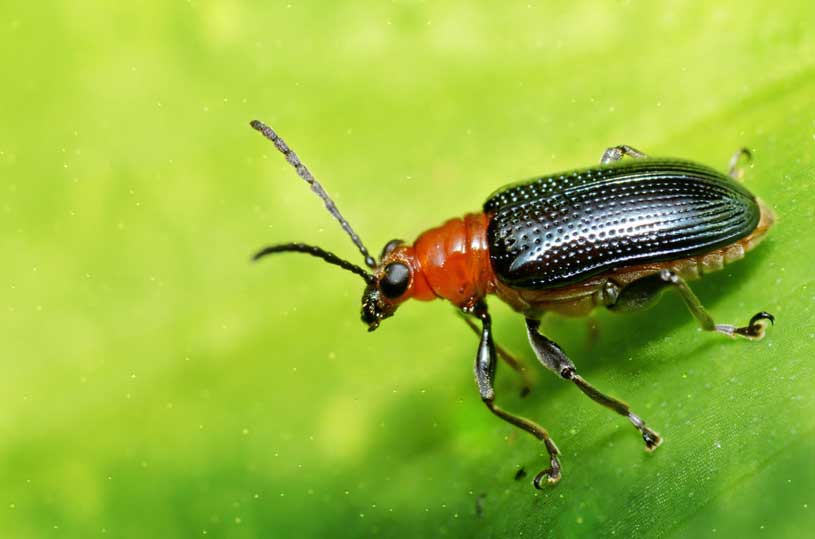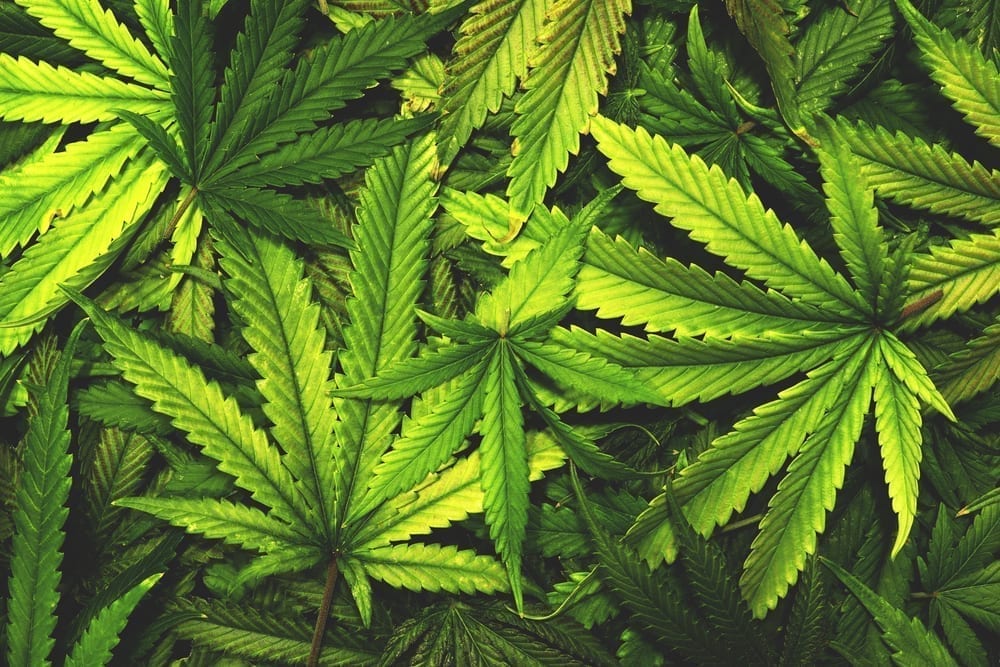Pollen
How is it possible that a small furry insect is responsible for most of the food we eat; apples, mangoes, watermelons, onions and more? The answer is one word: pollen. In order for plants to propagate the pollen from a male plant reaches the female plant of the same species and fertilizes the next generation of seeds. Those seeds are stored in the delicious fruit we eat and they in turn will plant the next generation of trees.
Pollenation is how the trees and plants multiply
Pollination is what causes fertilization and fruit production. In this process the pollen grains are transferred from the pollinators – the male part of the flower, to the ovary- the female part of the flower. These plants have flowers that have a distinctive color and/or smell that attracts the insects. In “return” for pollination, the plants offer nectar (food source) insects. Pollination is actually the basis of breeding for seed plants, and plays a very important role in propagating the genes of that organism, since plants can’t move themselves around to reproduce. If so, how is the pollen distributed?

Many plants are pollinated by insects from different groups: bees, beetles, butterflies, and flies. Bees are considered to be the most sophisticated pollinators in the insect world: their way of life is especially adapted to symbiosis with flower plants. Each time it leaves its hive, the honeybee flies to one type of flower. This is an advantage for the pollinated plants, as all the pollen produced will only be transmitted between flowers of the same species, and not wasted on other flowers. Many flowers show what state they're in by changing their color so bees avoid visiting flowers already fertilized.
How does dusting happen? When a bee lands on the flower, pollen dust from the stamens cling to it, and when it lands on another flower of the same species, the pollen drops on the flower and fertilizes it. In fact, this is a sophisticated way, to disperse pollen to faraway places. It’s important to remember that the pollinating insects have no intention of pollinating the flowers. In most cases they're just looking for food – nectar and nutritious pollen. As they collect the food, the pollen grains stick to their bodies, and thus are transferred from flower to flower…
How is it possible that a small, furry insect like the bee is responsible for most of the food we consume? How do the flowers and the bees work together in perfect harmony between them in such a sophisticated way? Is this not clear proof that One Designer planned and created them all?
Sweat
No matter how repulsive – the process of sweating is normal and necessary. Without it our bodies would not cool off. Sweat is a natural thermostat, designed to cool us when we overheat. I spoke with a dermatologist, and he casually told me something interesting about sweat. The sweat of the entire body is harmful and shouldn't be ingested or tough the eyes whereas the sweat of the face is not harmful. Isn't it amazing wonder that body sweat is toxic, but face sweat is not toxic. After all, sweat can easily enter our eyes or mouth, and cause harm?!

This knowledge about sweat was well known for thousands of years in our Holy Torah. Our sages differentiated between the harmless sweat of the face and the sweat of the body, whose drinking is dangerous: “One must beware of the perspiration of man, that all human sweat is the poison of death, except for the sweat of the face” (Shulchan Aruch Yoreh De'ah, chapter 116 law 4 quoting the Jerusalem Talmud)
In the sources there is no explanation for the difference between the two types of sweat, although in terms of the composition of sweat secreted there is no difference between them (according to the study of Rabbi Dr. Avraham Ophir Shemesh – “human tissues as a source of ancient medicinal materials”). There is no doubt that this wonderful phenomenon attests to a guiding and caring hand …
How did the sages know this? After all, they did not have the sophisticated science tools available today! Isn't this proof that the Torah of Israel, in which the same scientific information is written, was not written by a human, but by the Creator Himself who gave us the Torah?
Lightning and thunder
“Did you hear that boom? Did you see the flash? That was scary!” my wife said to me one wintry day. It was thunder and lightning… But how did the lightning and the thunder happen?
Lightning is when static electricity accumulated in the clouds is released into the earth or into another cloud. When electricity is discharged through the air, the air gets very hot, up to about 30,000 degrees. This is the reason for the rapid flash of light, the lightning. Thunder is created by the rapid heating of the air, expanding it, and immediately afterwards – a rapid contraction from cooling; the thunder, the boom we hear, is the shock wave of this explosion.

Have you noticed always, lightning will come before thunder? Why always in this order? Since the speed of light (about 300,000 kilometers per second) is far greater than the speed of sound (about 340 meters per second), the thunder is heard after the lightning.
Body Safety
Every one of us has touched something hot, and our hand recoiled uncontrollably. How does this happen? The nervous system transfers and receives information from the various parts of the body. The nerves bring sensations from the body to the brain, and commands from brain to body. They're transmitted by electrical impulses in the body, which signify sensations, of light, sound, pain, pressure, heat or cold.
When you touch something too hot, the skin temperature sensors send electrical signals to the brain. The brain recognizes the signal, interprets it as pain, and sends another signal back to the muscles. As a result, the hand moves away from the hot object, and everything happens at a record speed of about 300 kph! The nervous and muscular systems in our bodies are well planned and coordinated to protect us from harm, in this case from getting burned.
Imagine a man talking, his hand unconsciously touching hot metal … Without the nervous system, he would not have felt it until, G-d forbid, he would lose the flesh of his hand … But that is not enough. The brain getting the message of pain would mean nothing if it couldn't command the hand to recoil, lifting it away from danger. Someone “scattered” sensory receptors across our entire skin, and “implanted” more sensory receptors in the more sensitive areas: hands, face, and mouth. Have you wondered how our reaction to fear, touch or danger is so fast? The electrical signals in the nerves move at speeds that reaches about 300 kmh.
It is clear that such perfect coordination between the nerves and the muscles and the speed of our involuntary response to fear, contact, or danger to the nerves are all designed to save our lives from harm! Who protects us so that we won't be harmed?
Does The Creator Care About an Insignificant Person Like Me?
People candidly admit: “I don’t observe the mitzvoth, because who am I compared to G-d, and does the Creator care about me, the small, simple human being? Does it really matter to him if I said a word like this or like that? “Do you think God has time for such trivial things?” In the world, hunger, terror, disease and abuse are rampant. Is this really important?”
Friends, the answer is a resounding yes!
Just as there is nothing “too great” for G-d, there is also nothing “too small”. Whoever thinks that G-d is too busy with the truly important things, so that he can’t relate to the trivial things in life, attributes human limitations to G-d who is omnipotent.
Of course G-d cares! If he writes in the Torah to do something, it means that it's important to him. If he wrote that you should put on tefillin “and bind them to your hands, and they will be boxes between your eyes” (Deuteronomy 6: 8), then it’s important to him that you do it- for your own good! G-d through His commandments, gives you tremendous powers to activate all the supreme systems of creation!
The Torah does not grant exemption from observance of mitzvoth without a just cause. Just because some people think the Creator has no interest in their actions doesn't grant them an exemption from observance of the mitzvoth. The lazy that can't wake up for morning prayers and the “opinionated”, which have reservations and criticism of the Torah must still fulfill it. They're not exempt.
But please don’t get confused! A person indeed can choose whether to observe the mitzvoth or not. But that does not mean that he is not obligated to perform mitzvoth. He has a choice and the consequences of his choice are either reward or punishment for his choice.
It reminds me of a funny phrase that a secular friend told me: “You must not lie, you are religious…”
Friends, in the end, whether or not a person observes the mitzvoth, the Creator of the world will mete out the same fair justice. Every person will receive his reward, or alternatively, his punishment, according to his actions…





